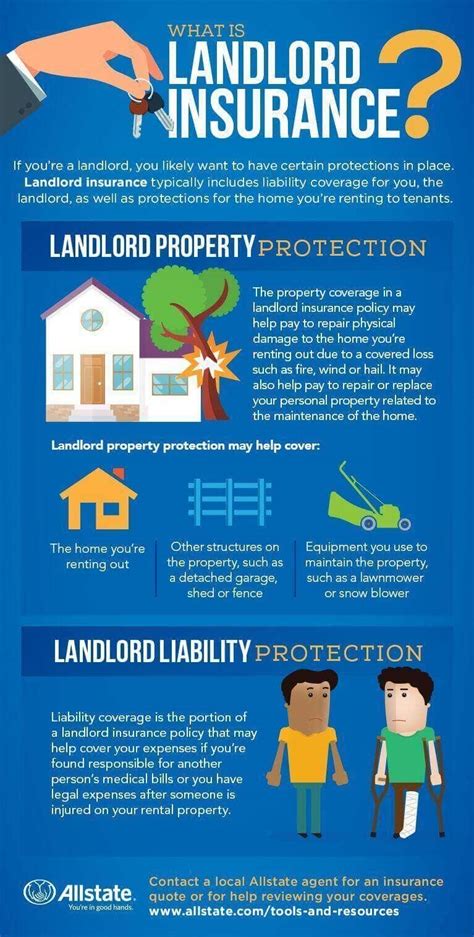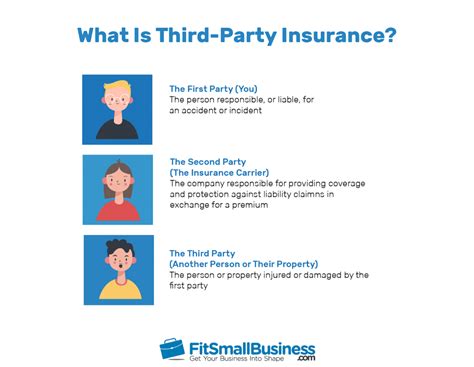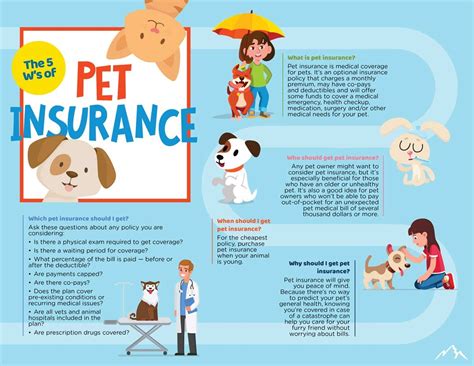Get expert insights on Business Overhead Expense Disability Insurance. Understand its importance, choose the right coverage, debunk common misconceptions, and learn how to file a claim.
Understanding Business Overhead Expense Disability Insurance
Contents
- 1 Understanding Business Overhead Expense Disability Insurance
- 2 The Importance of Business Overhead Expense Disability Insurance
- 3 Choosing the Right Coverage for Business Overhead Expense Disability Insurance
- 4 Common Misconceptions about Business Overhead Expense Disability Insurance
- 5 Steps to Filing a Claim for Business Overhead Expense Disability Insurance
Business overhead expense disability insurance is a type of coverage designed to protect the financial stability of a business in the event that the owner becomes disabled and is unable to work. This type of insurance can help cover the costs of rent, utilities, salaries, and other essential expenses that continue to accrue even when the business owner is unable to generate income.
With business overhead expense disability insurance, the policyholder can rest assured that the day-to-day operations of the business can continue as usual, even if they are unable to actively participate in the business due to a disability. This type of coverage can be especially important for small businesses and solo entrepreneurs, who may not have the resources to cover ongoing expenses in the event of a disability.
When considering business overhead expense disability insurance, it’s important to carefully review the details of the policy. This type of coverage typically has a waiting period before benefits kick in, as well as a limit on the maximum benefit amount. Understanding these details can help business owners choose the right coverage for their needs and budget.
It’s also important to note that business overhead expense disability insurance is different from personal disability insurance. While personal disability insurance is designed to provide income replacement for the policyholder, business overhead expense disability insurance is specifically focused on covering the ongoing expenses of the business itself.
The Importance of Business Overhead Expense Disability Insurance
Business overhead expense disability insurance is a vital tool for business owners to protect their company’s financial stability in the event of a disability. It provides coverage for the essential expenses of a business, such as rent, utilities, payroll, and other operating costs, while the owner is unable to work due to a disability.
This type of insurance is especially important for small businesses, where the owner’s absence due to a disability can have a significant impact on daily operations. Without business overhead expense disability insurance, the business may struggle to meet its financial obligations and could potentially face closure.
By having this coverage in place, business owners can have peace of mind knowing that their company’s essential expenses will be covered during their disability. This allows them to focus on their recovery without worrying about the financial impact on their business.
Moreover, having business overhead expense disability insurance can also provide a sense of security for employees and suppliers, as they know that the business can continue to operate smoothly even if the owner is unable to work.
Choosing the Right Coverage for Business Overhead Expense Disability Insurance
When it comes to selecting the right coverage for business overhead expense disability insurance, it’s important to carefully assess the needs and priorities of your business. One of the key considerations is the monthly expenses that are essential for the operation of your business. This may include rent, utilities, employee salaries, and other fixed costs. Understanding the specific needs of your business will help you determine the appropriate coverage amount.
It’s also crucial to consider the waiting period for benefits to kick in. This is the amount of time that must pass after the onset of a disability before the benefits are paid out. Some policies may have a shorter waiting period but with higher premiums, while others may have a longer waiting period with lower premiums. You’ll need to weigh the financial stability of your business and its ability to cover expenses during this waiting period.
Another important factor to consider when choosing coverage is the length of the benefit period. This refers to the maximum amount of time that benefits will be paid out, typically ranging from six months to two years. A longer benefit period may provide a greater sense of security, but it’s essential to weigh this against the associated costs.
Additionally, it’s important to review the terms and conditions of the policy, including any exclusions, limitations, and renewal provisions. Understanding the fine print will help you avoid any surprises when it comes time to file a claim. Working with a reputable insurance provider or broker can also help you navigate the options and make an informed decision about the right coverage for your business.
Common Misconceptions about Business Overhead Expense Disability Insurance
There are several misconceptions about business overhead expense disability insurance that often lead to confusion and misinformation. One common misconception is that this type of insurance is only necessary for larger businesses with multiple employees. In reality, business overhead expense disability insurance is important for all types of businesses, including small businesses and sole proprietorships. It helps cover essential expenses when a business owner is unable to work due to a disability, ensuring that the business can continue operating smoothly.
Another misconception is that regular disability insurance is sufficient to cover business expenses in the event of a disability. While regular disability insurance provides income replacement for the insured individual, business overhead expense disability insurance specifically covers the ongoing expenses of the business, such as rent, utilities, and employee salaries. This type of insurance is crucial for maintaining the financial stability of the business during the owner’s disability.
Some business owners believe that they can rely on personal savings or loans to cover business expenses if they become disabled. However, this approach can have serious financial consequences and may put the future of the business at risk. Business overhead expense disability insurance provides a safety net, ensuring that the business can continue operating without draining personal finances or taking on additional debt.
There is also a misconception that business overhead expense disability insurance is only relevant for businesses in high-risk industries. In reality, any business can benefit from this type of coverage, as unexpected disabilities can occur in any line of work. Having the right insurance in place can make all the difference in keeping the business afloat during challenging times.
It’s important for business owners to understand these common misconceptions and recognize the value of business overhead expense disability insurance. By addressing these misunderstandings, business owners can make informed decisions about their insurance coverage and ensure the long-term success of their businesses.
Steps to Filing a Claim for Business Overhead Expense Disability Insurance
When filing a claim for business overhead expense disability insurance, there are important steps that need to be followed to ensure a smooth process and a successful outcome. The first step is to review your insurance policy to understand the specific requirements and limitations for filing a claim. It’s crucial to have a thorough understanding of what is covered and what is not, as well as the waiting period and elimination period for benefits.
Next, it’s essential to gather all the necessary documentation to support your claim. This may include medical records, financial statements, and any other relevant paperwork that demonstrates your inability to work due to a disability. It’s important to be as thorough and organized as possible when submitting these documents to the insurance company.
Once you have all the required documentation, it’s time to submit your claim to the insurance company. This can usually be done online or through the mail, and it’s important to follow the specific instructions provided by your insurance provider. Be sure to keep copies of all documents and correspondence related to your claim for your records.
After submitting your claim, it’s important to follow up with the insurance company to ensure that it is being processed in a timely manner. You may need to provide additional information or clarification, so it’s essential to be responsive to any requests from the insurance company.
If your claim is approved, you will begin receiving benefits to cover your business overhead expenses during your disability. If your claim is denied, you have the right to appeal the decision and seek legal guidance if necessary. It’s important to understand the appeals process and your rights as a policyholder.












